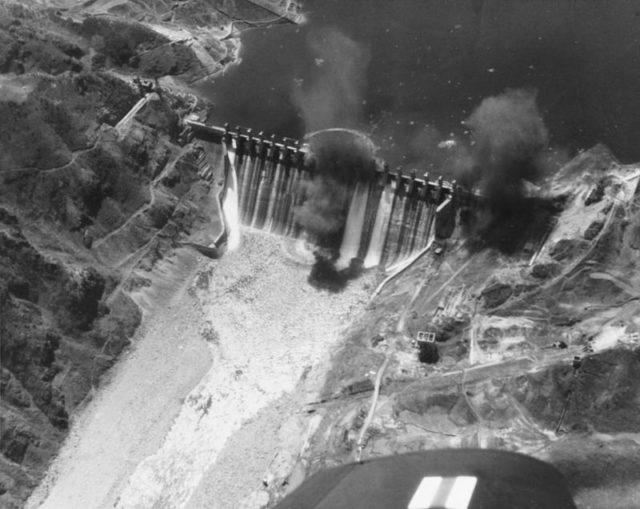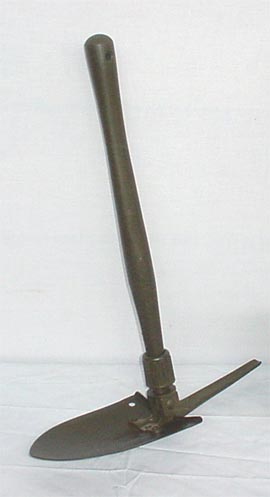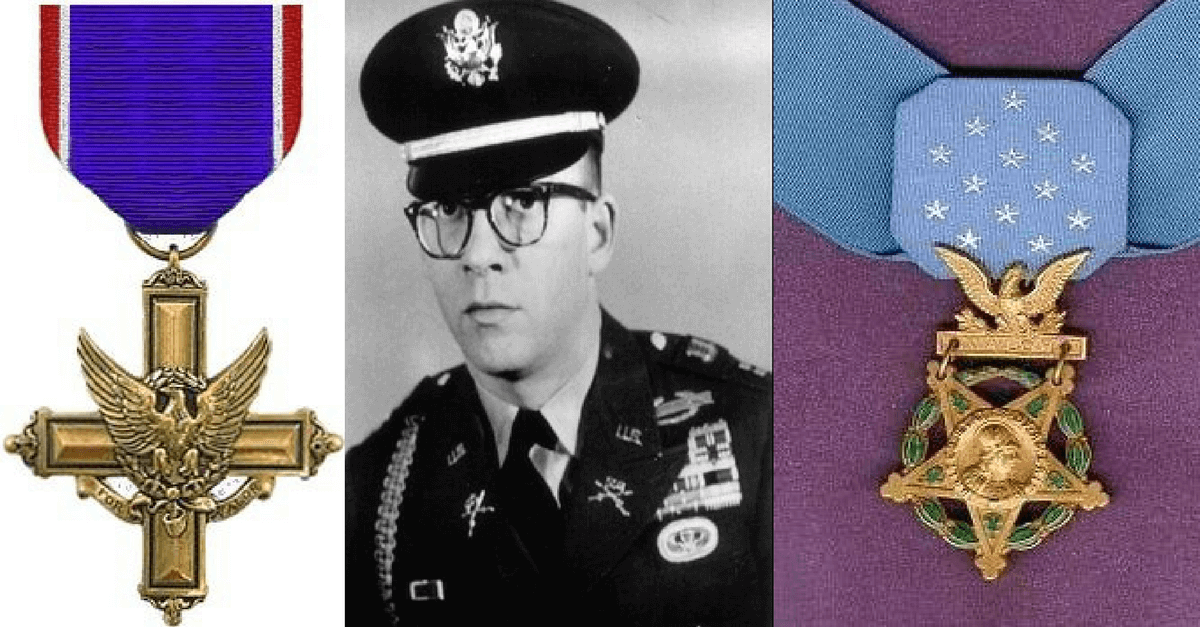Epic feats of bravery and martial skill rarely take the form of a two-day rampage, but that is how Ben Wilson would earn a Medal of Honor, Purple Heart, and the Distinguished Service Cross. All this and injuries that put him on a stretcher happened on day one of his rampage.
Wilson enlisted in 1940 and was stationed in Hawaii during the Japanese attack on Pearl Harbor. He served as an officer in WWII and then left the army when the war was over. Deciding civilian life was not for him he reenlisted as a private. By 1951 he had risen to the rank of First Sergeant.
One of Wilson’s biggest assignments during the Korean war was to take the largest hill near the Hwacheon Dam, located in what is now the northern border of South Korea. The dam was a valuable asset to both sides and control over it, and the surrounding area was crucial.

During the fight for Hell Hill, as it was known, Wilson, and his men stormed up the slopes. Following some initial success, they were met by a fierce North Korean counterattack.
Wilson ordered a retreat but stayed in the fight to give his men time to retreat. He went alone on a charge to head off the attacking North Koreans. He single-handedly killed 7 and wounded 2 before returning to his lines.
His men were able to make another small push up the hill before North Korean numbers forced them to again retreat.
Wilson, staying among the front lines, was wounded but remained to guide his men to better positions down the hill. He fought as many as he could with his rifle but somehow lost it. Undaunted, Wilson whipped out his entrenching tool and killed four more men with his sharpened shovel.

Wilson went back to his lines and was taken down the hill on a stretcher. When more massive counterattacks distracted his stretcher-bearers, Wilson decided he was not wounded enough to leave. He leaped off and ran back up the hill. He fought and led his men for the remainder of the day and finally received medical attention that evening. This day of action earned Benjamin Wilson a Medal of Honor and a Purple Heart.
A few days later on June 9, Wilson returned to the fight. His wounds had been sewn up or bandaged so he could continue to fight.
As a side note, this action might have occurred just a day after he was injured, on June 6. The records are unclear, but most official sources say the 9th. Below is Ben Wilsons ceremony for his Medal of Honor.
Wasting little time, Wilson charged into the fight with his rifle and several grenades. This time, Wilson killed over thirty enemies, lobbing hand grenades and using his gun, and at times, his bayonet.
Wilson fought so hard he reopened his wounds, bleeding badly at the end of his rampage. He was finally taken out of the battle and sent to a hospital to recover. He earned the Distinguished Service Cross for his actions on this day.
Wilson would serve almost a decade more. He returned to the fight once his wounds had healed and eventually left the Army as a Major in 1960.
He found his way back to Hawaii, where he had first been stationed when he had enlisted decades previously. Wilson worked at a few jobs, but he never felt a sense of fulfillment.
Eventually, while living on his sailboat in Hawaii, he found his postwar calling in working with disabled veterans. Wilson died at the age of 66, one of the bravest men the army ever had.
